There are increasing reports of Irish farmers being approached to sell carbon credits to agents or businesses operating in the voluntary carbon market.
As farm level benchmarking of emissions and carbon removals has not been undertaken on Irish farms, farmers have no verification that they have carbon credits to sell.
The benchmark price of carbon, the EU emissions trading system which allows parties to buy and sell carbon, surged last week to €98/t carbon dioxide equivalent (Co2e).
Farmers who are being approached to sell carbon credits on the voluntary market for additional carbon stored on their farm are being offered a substantial discount to this price – in some cases as little as €15/t.
Farmers may need carbon credits
Selling carbon credits now means they would likely be lost to the agri food sector. Reaching net zero requires reducing emissions as much as possible and then offsetting remaining emissions with carbon credits.
Businesses along the agri food supply chain, including farmers, will at some point require carbon credits to offset emissions.
Farmers may be paid by processors for these credits. At some point, farmers may need to validate that their farm output is net zero to sell to a processor.
If that scenario arose and a farm’s carbon credits had been sold, the farmer would have to purchase carbon credits, most likely at higher prices than they received for their own.
Once sold, carbon credits cannot be used again as that would result in double counting.
Although, given that the Government already accounts for farm removals, it is questionable if they can actually be sold.
Voluntary market lacks standards and regulation
The statutory carbon market has very strict measuring, reporting and verification protocols.
This gives buyers confidence in the robustness of the carbon credits, representing stored carbon, that they are buying.
Sellers benefit from a transparent market as it functions correctly.
By contrast, the voluntary market, where farmers are currently being offered opportunities, has multiple protocols and varying standards, which result in the carbon price being discounted.
Essentially, buyers are not fully confident in the verification of carbon credits.
While the EU has announced plans to standardise the monitoring, reporting and verification methods needed to trade carbon on voluntary markets, it is still a way off.
It currently operates with no regulation and no external scrutiny or oversight. Farmers have no assurance that measurements undertaken or applied to their farm will stand up on their farms in the future.
They may, but there is a risk they will not.
While this is a major disadvantage for farmers, it provides an opportunity for those willing to speculate on buying farm carbon credits.
At some point, the voluntary market will become standardised and regulated, and the price of carbon will approach, if not match, the price in the emissions trading scheme.
Farmers that prematurely sell carbon credits now, rightly attracted by a financial lump sum, may lose out substantially in the longer-term.
Comment
There is an urgent need for regulation in the voluntary carbon market to protect farmers and land owners.
In Ireland, there is a huge knowledge deficit in relation to farm carbon stocks, which Teagasc is currently addressing through its research.
Unlike Northern Ireland, the Government is as of yet not baselining carbon stocks on all farms.
Farmers need a verified carbon measurement, at minimum national book values from Teagasc research, from which they can build.
Currently, farmers are in a very weak position when selling farm carbon and stand to lose out long-term from a short-term gain.
Policy and regulation currently falls seriously short of what is required to protect and empower farmers in this market.




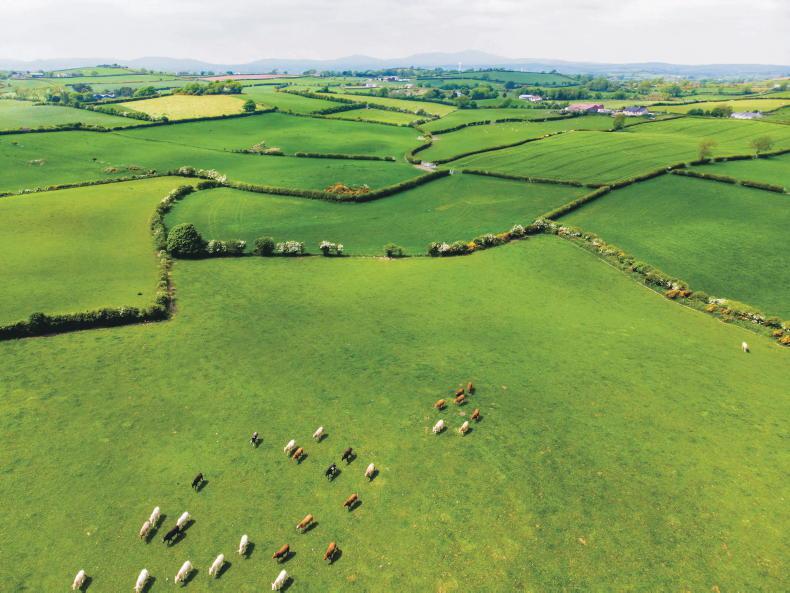
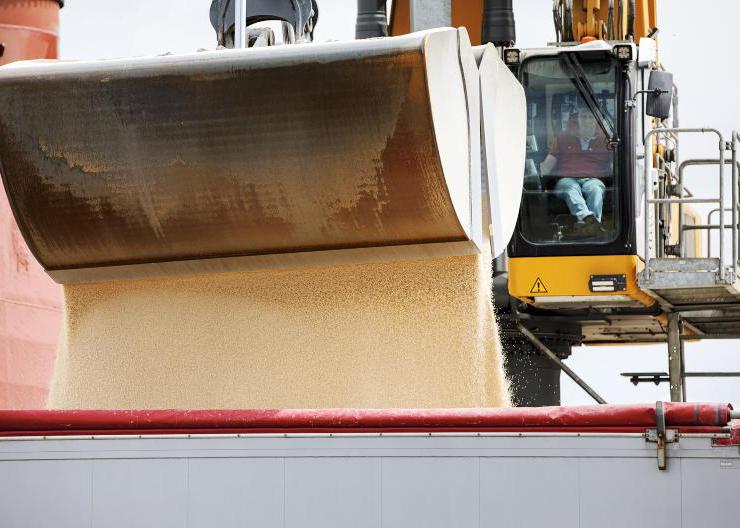

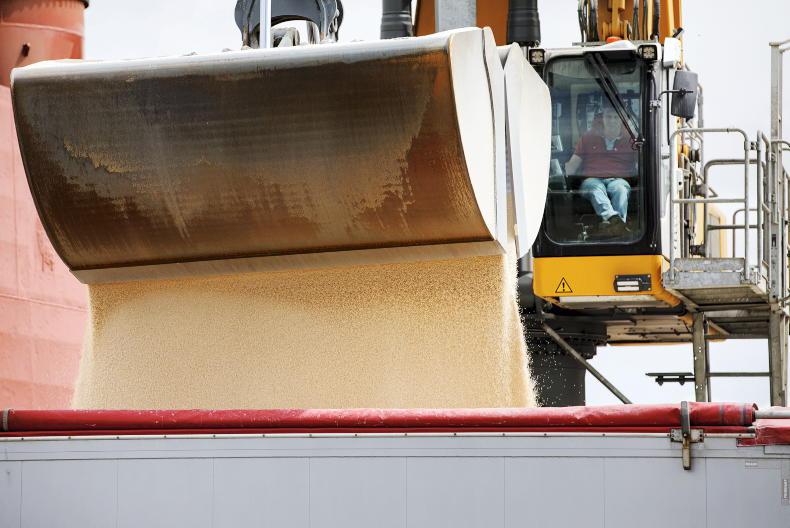
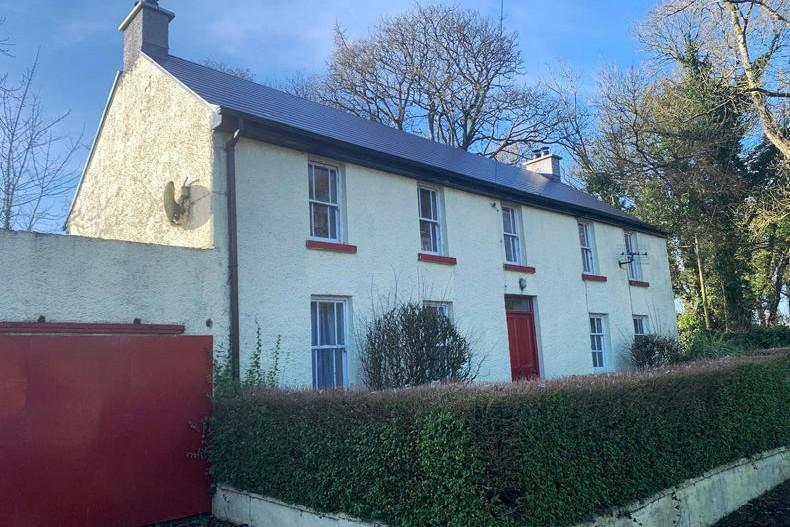
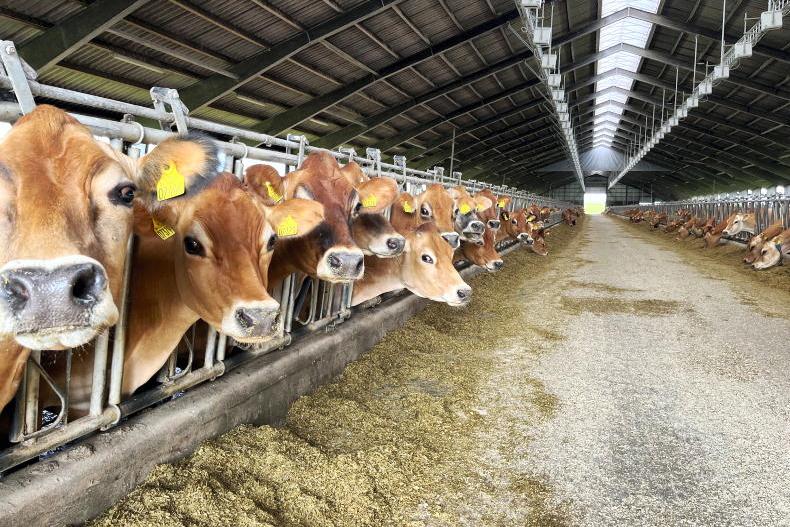
SHARING OPTIONS